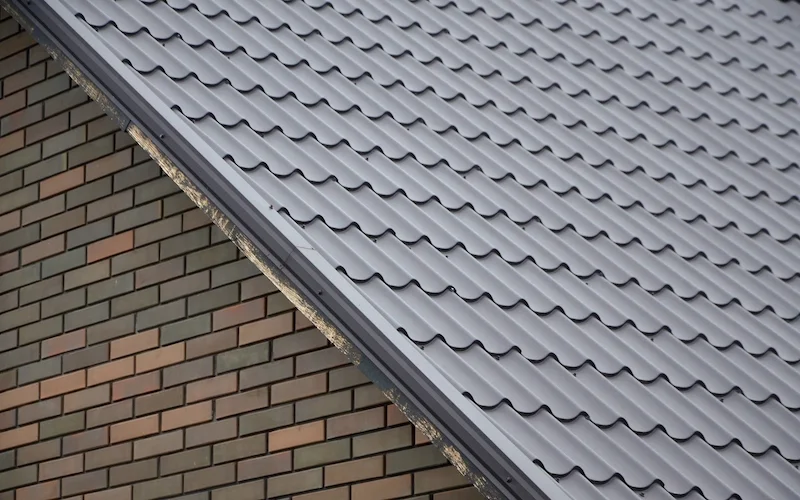Must Know HVAC Installation Hacks
Most people know that HVAC stands for Heating, Ventilation, and Air Conditioning. What you might not know is that "installation" is the keyword for this particular home improvement. Just like you wouldn't try to install your plumbing or electrical system, it's best to leave HVAC installation to the pros.
But what exactly is HVAC installation? When is the right time to replace or install an HVAC system? Should you do it yourself or hire a pro? In this blog post, we will answer all of those questions and more. Read on to learn everything you need about HVAC installations.
What is an HVAC System?
HVAC stands for heating, ventilation, and air conditioning. An HVAC system is responsible for keeping your home comfortable all year round by regulating the temperature and circulation of air. Most homes have central HVAC systems that consist of a furnace, an air conditioner, and ductwork.
What are the Different Types of HVAC Systems?
There are two main types of HVAC systems:
Central systems are usually found in older homes and use an extensive network of ductwork to distribute heated or cooled air throughout the house.
Ductless mini-splits consist of an outdoor unit connected to one or more indoor units via refrigerant lines. These systems are becoming increasingly popular in newer homes and renovations. They're more energy-efficient than central systems and can be installed without major changes to your home's layout.
Why is an HVAC System Essential for Your Home?
- It can help improve your home's air quality, which is important for your health and your family's health.
- Improve your family's health by creating a safe circulation of air and a comfortable environment.
- It can save you money on your energy bills by operating more efficiently.
When is the Best Time to Replace or Install My HVAC System?
The best time to replace or install your HVAC system will depend on a few factors. One aspect to consider is the age of your current system. If your home's system is over ten years old, it means it is probably time for an upgrade.
Another factor to consider is whether your current system is working properly. If you're already having issues with your HVAC unit, replacing it will likely be cheaper in the long run than trying to fix it.
The best season to install an HVAC system is in the spring or fall when temperatures are moderate and there's less demand for heating and cooling. It will help ensure that your new system operates at peak efficiency.
Importance of Choosing the Right Size for HVAC Installation:
Choosing the right size system for your home is important in any HVAC installation. It is where many homeowners make a mistake by assuming that bigger is better. A system that's too large for your home will cycle on and off more often, wasting energy and putting excessive wear and tear on the system.
Conversely, a system that's too small won't be able to keep up with demand, resulting in uncomfortable temperature swings. The only way to ensure you choose the right size system is to perform a load calculation by a professional HVAC contractor.
Should I Install HVAC Myself or Hire a Pro?
As with most things, there are pros and cons to DYing and hiring a professional for HVAC installation. Doing it yourself will likely be cheaper upfront. Still, if you don't have experience with HVAC installation, there's a chance you could end up doing more harm than good.
On the other hand, hiring a professional will likely cost more upfront, but you can be sure that the job is done accurately the first time. If you have experience with home improvement projects and are comfortable working with tools, then you may be able to handle a basic installation.
However, we recommend leaving complex installations to the pros since they can be difficult and time-consuming. Plus, you could do more harm than good if something goes wrong.
Final Takeaways:
So there you have it, all your HVAC installation queries in one place. Whether you want to keep your house warm or cold, HVAC installation answers all your ventilation needs.
If you don't want to take the stress, leave this job for the professionals. However, they might charge you more than you'd spend when you DIY, but the investment would benefit you in the long run.





